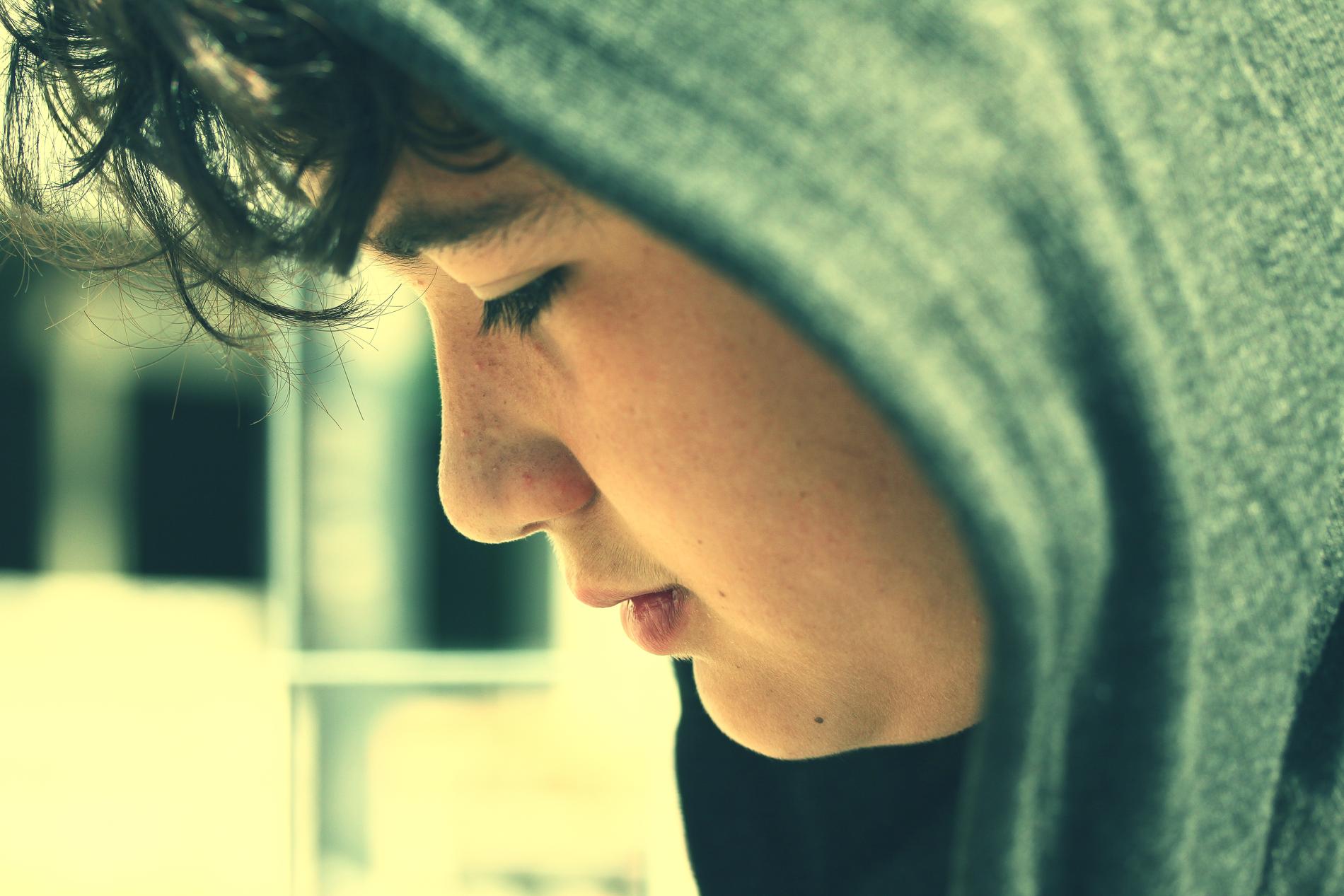- Details
- Category: Parenting Parenting
- Hits: 148 148
Understanding and Supporting Troubled Teens: Insights from Margaret Ross, Kamaron Institute
Introduction: A Troubling Trend in Youth Behavior

In the wake of three shooting rampages within a one-week span, the spotlight is once again on troubled youth. Recent incidents include a 19-year-old opening fire at a Nebraska mall, a 24-year-old committing a violent act at a megachurch in Colorado, and two gunmen injuring six students in Nevada after a dispute about a girl. Margaret Ross, President and Founder of the Kamaron Institute, sheds light on the importance of recognizing and addressing the challenges faced by troubled teens.
1. Poor Coping Skills: A Key Indicator
Margaret Ross emphasizes that troubled teens often struggle with poor coping skills, making it challenging for them to handle frustration, disappointment, or stress. This difficulty in coping may lead to the manifestation of intense anger or severe depression. According to Ross, "The reaction is larger than the situation, and it's regularly larger than the situation itself. There are no small deals; there's only big deals."
2. Depression: Recognizing the Signs
Identifying signs of depression in teens is crucial for timely intervention. Ross highlights that if a child isolates themselves, engages in self-deprecating talk, and expresses feelings of hopelessness, it could be indicative of depression. Notably, males are more likely to externalize their depression through violent behavior than females.
3. Rejecting Help: A Common Challenge
In some cases, troubled teens may reject assistance from counselors or other support systems. Ross draws attention to situations where individuals closely follow negative influences, such as the infamous Columbine case, making it difficult for them to accept help. Recognizing this resistance is vital for implementing effective strategies to provide the necessary support.
4. School Conflicts: A Precursor to Violence
School-related conflicts can serve as precursors to violent behavior in troubled teens. Ross points out that a fight at school provoked one of the recent shooting rampages, emphasizing the significance of addressing interpersonal conflicts and promoting a safe school environment.
5. Isolation and Self-Deprecation: Red Flags for Parents
Parents should be vigilant if their teen isolates themselves, engages in negative self-talk, and expresses feelings of hopelessness. These red flags may indicate underlying issues that require attention and support. Ross encourages parents to foster open communication with their teens and create a safe space for discussing emotions.
Conclusion: Nurturing Resilience and Well-Being
In navigating the challenges of parenting troubled teens, Margaret Ross advocates for building resilience and well-being. By recognizing signs of poor coping skills, depression, resistance to help, and school conflicts, parents can take proactive steps to support their teens. The Kamaron Institute, under Ross's guidance, aims to equip parents with the knowledge and tools needed to foster a positive and nurturing environment for troubled youth.
In conclusion, understanding the dynamics of troubled teens and implementing effective strategies for support is crucial for building a resilient and emotionally healthy generation.
